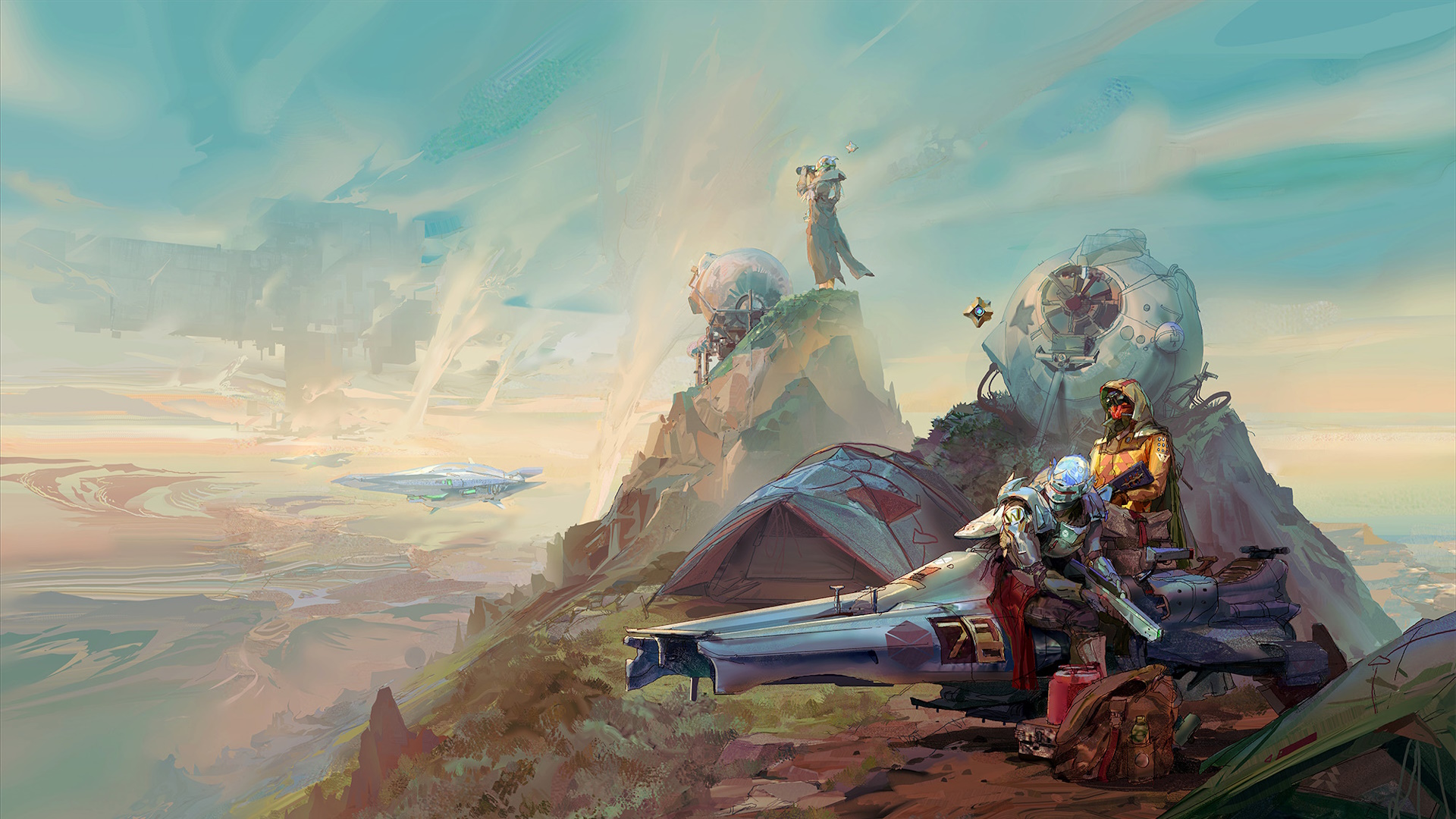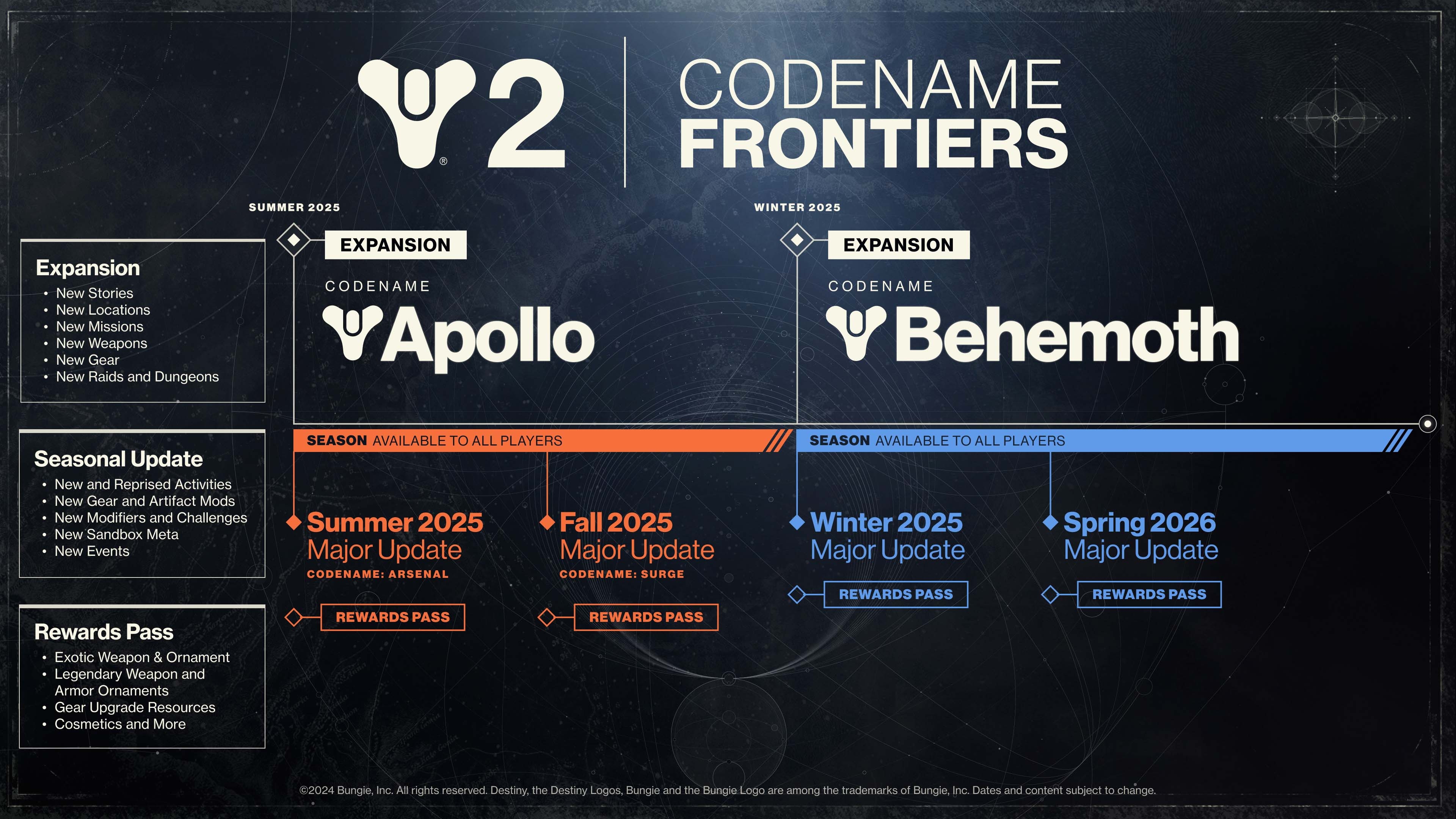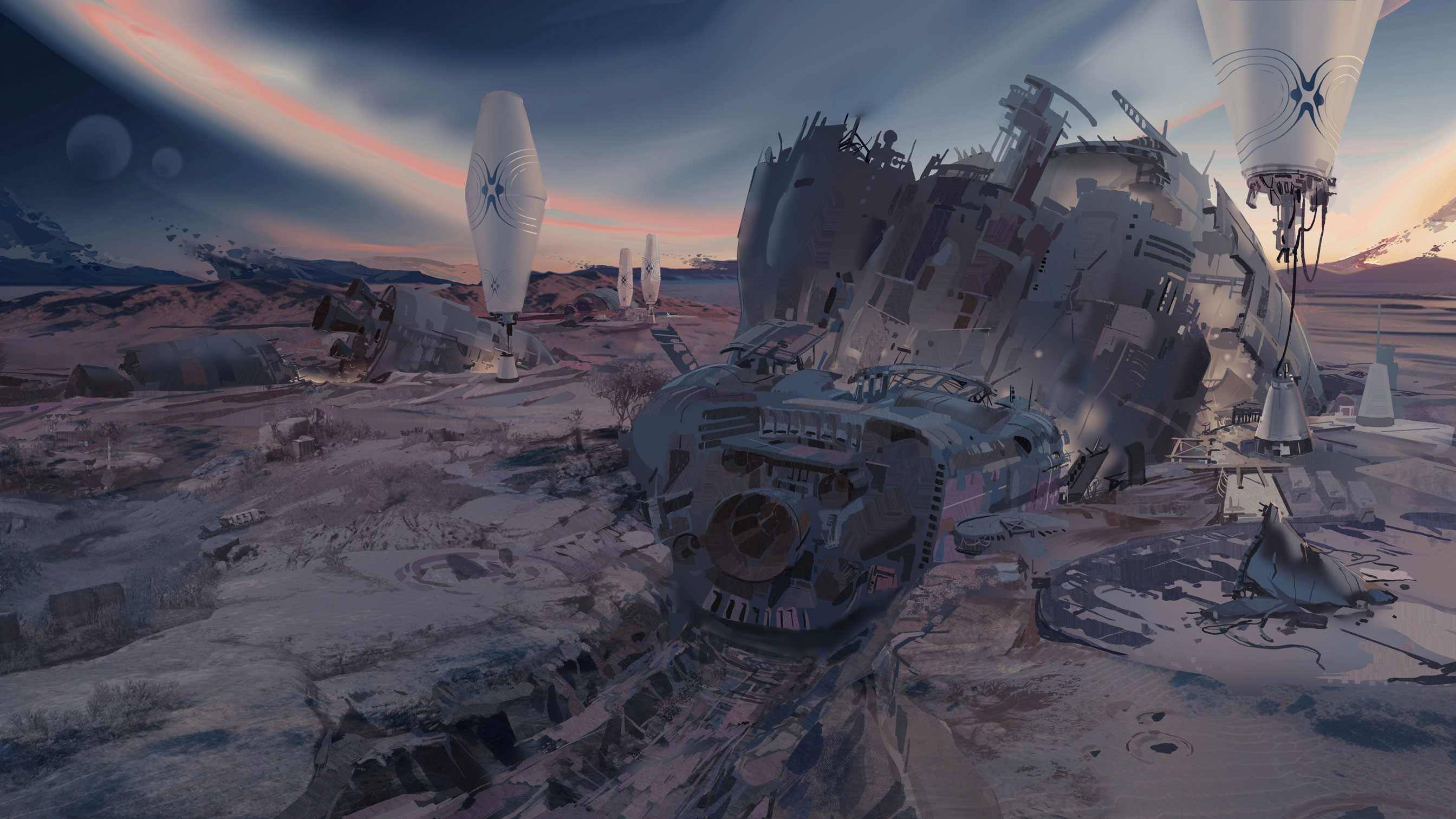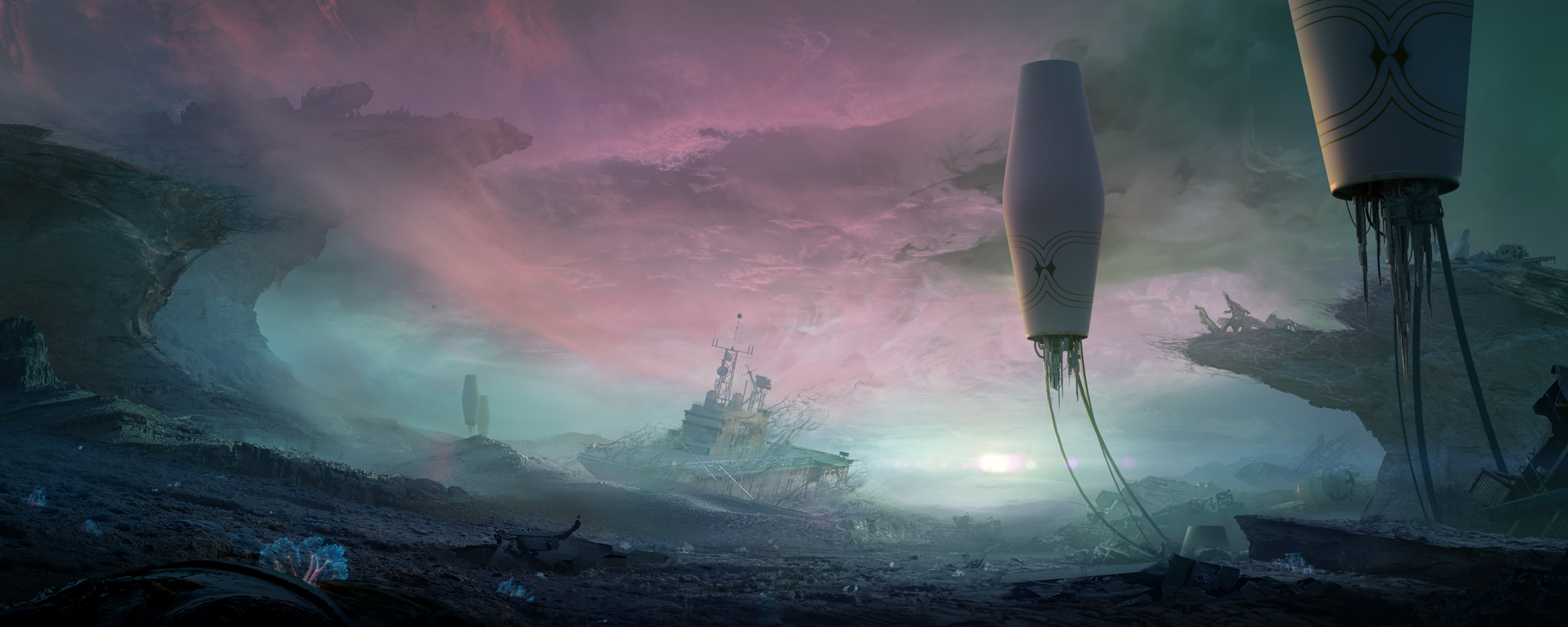
Destiny 2 is moving away from its longstanding annual expansion model after The Final Shape, Bungie announced in a seismic blog post marking the series' 10-year anniversary and charting its future, and embracing "medium-sized" expansions released twice a year and cut with four annual free updates.
The game is also quickly dropping the three-Act Episode model which has become the epilogue to The Final Shape. Beginning in 2025, a paid Destiny 2 expansion will arrive every six months. Each expansion will start a new season, with the season itself being "available to all players," and free "Major Updates" coming every three months will refresh these seasons and introduce new content of their own.
Destiny 2's next expansion, Codename: Apollo, is set for summer 2025, after the end of the ongoing Episodes and Acts already teed up. It will launch with a major update codenamed Arsenal, and then fall 2025 will see another major update codenamed Surge. Looking further ahead, expansion Codename: Behemoth is set for winter 2025, with its own two major updates to follow.

Game director Tyson Green reckons Destiny 2 has "become too rigid," with expansions starting to feel "too formulaic" and "over too quickly with little replay value." Likewise, "seasons and Episodes keep getting bigger but can still feel like you are just going through the motions." Green adds that "it’s time for Destiny to change and evolve," and that starts with the new expansion model breaking some norms.
"We’ve loved creating annual Expansions and are especially proud of The Final Shape," Green writes. "But the truth is that they dominate almost all our development effort. We need to free ourselves up to explore and innovate with how we deliver Destiny 2 content so we can invest in areas of the game that will feel more impactful to players." This notably follows word that, despite critical acclaim, The Final Shape reportedly continued the trend of Destiny 2 expansions selling worse and worse year over year.
These new "medium-sized" expansions will "depart from the one-shot campaign structure we’ve been using essentially unchanged since Shadowkeep." It sounds like Bungie is kicking around some pretty out-there ideas, including "exploration experiences similar to the Dreaming City or Metroidvanias" and "more unusual formats like roguelikes or survival shooters."
Narratively, Bungie is shooting for "the mystery and wonder that was woven into the fabric of early Destiny, when the story felt ripe with possibilities and an epic sense of exploration and discovery." The game's updated roadmap says expansions will add new locations as well as the expected stories, activities, and gear, and we'll be going to "places Destiny has never seen before."
Our first glance at Codename: Apollo comes from narrative director Alison Lührs. Described as "a nonlinear character-driven adventure" that "ends with the narrative gasoline that will propel us into the next few years with a clear theme, goal, and a destination that won’t come at you as a straight line but will be well-worth the trip," Apollo promises a branching and layered experience. You can explore points A, B, C, or D in any order, Lührs explains, and revisit branches as you see fit, all with "no time gating, no waiting for the next drop." Here are the first apparent snippets of Apollo concept art:


"This shift to nonlinear stories isn’t something we’re locking ourselves into, but it is the structure that fits Codename: Apollo best," Lührs adds. "The narrative structure of the releases that follow will be quite different, a structure to suit that game’s experience, and we want to continue to innovate with each expansion across both gameplay and narrative."
"Think of it as a constellation of stories united by a single theme," Lührs adds, stressing the difference compared to previous expansion timelines. "We will show you what that theme is later but suffice to say; we believe in it. Think of this multiyear arc as a web, not a line. Each release fits into the larger saga."
It's another massive model shift for a game and franchise that's already seen multiple sizable overhauls, but for total clarity, Bungie is indeed promising another "multi-year journey" here, directly answering questions and concerns about what comes next after the end of the Light and Darkness saga. "This next saga is also based around a core theme, much like Light and Darkness did," Lührs affirms.







